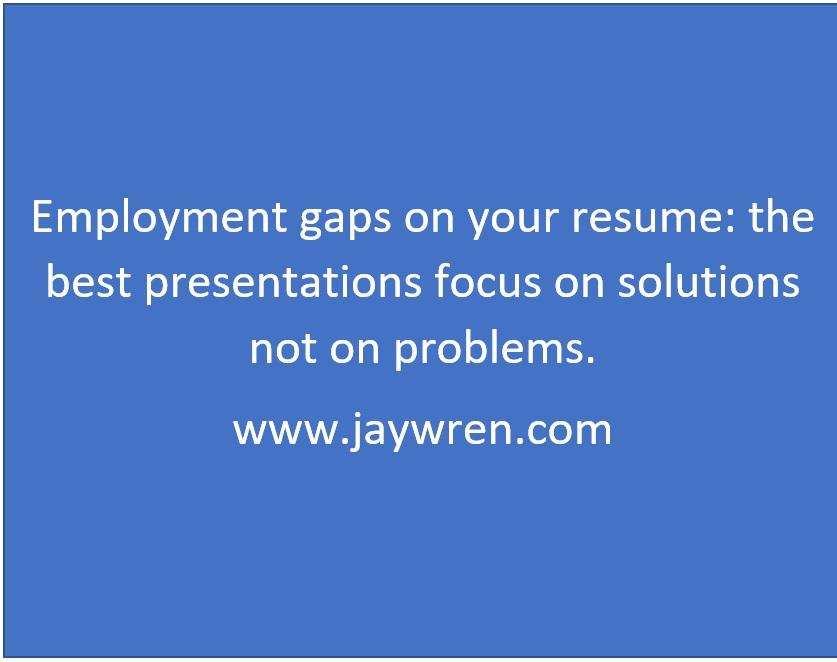THE BIRTH OF THE CAREER PLAN
As you are graduating from college, you will be moving into a new phase of your career plan. In receiving a bachelor’s degree or an advanced degree, you developed tremendous skills. Those skills and the skills you developed through hobbies, college employment, and volunteer activity, have value to an employer
The courses you studied will often define the direction of your career. If you majored in marketing analytics, your objective will most logically lead to to getting a job in the marketing department of a company that uses marketing analytics either in-house or as a service to other companies. If you majored in elementary education, your objective would most likely be to get a job as a teacher.
RESUME FORMAT
Every resume begins with the following information:
Your name
Location
Phone number
Email address
OBJECTIVE
If you state a goal on your resume, be specific in terms of the type of job you are seeking. A common mistake is to state a general objective that does not help the hiring manager know how there is a fit between your goals and the needs of the employer. That hiring manager may read no further.
For example, compare the following statements:
Objective: I am seeking a job that will challenge my skills and talents.
Alternatively
Objective: I recently graduated with a degree in electrical engineering. I am applying for a job with Electro Mega Servers International.
EDUCATION
Something to think about on an individual basis is where on your resume you place the education information. For people with a great deal of experience, the education summary normally goes at the bottom of the resume. However, recent college graduates might benefit from placing the education experience at top of the resume. The reason is that a person who has held a half dozen temporary jobs during college may immediately appear unstable to the hiring manager. The resume may get tossed before the hiring manager realizes that the person had listed a number of college jobs and has only recently launched a career.
Related Articles
Writing Resumes that Will Get Read
Is Your Resume a Success Story?
Even after entering industry, any employment during college should go beneath the college experience. Most people stop listing the college jobs once they begin their career after college.
COLLEGE EMPLOYMENT
If you worked while attending college, any employment may add value to your resume for a several reasons. First, the fact that you worked during college, shows that you take initiative and have an interest in working. Second, even some of the least important jobs you may have had could give a hiring manager the opportunity to make connections between the employer’s needs and your experience. Third, the places where you have worked may act as an icebreaker in conversations with the hiring manager. Fourth, there may be opportunities within a company beyond the opportunity for which you came in to interview, and your college employment may be a door opener for those other opportunities.
As you review your activities at school, socially, and in volunteer programs, you may recognize roles and responsibilities which have real value to a future employer and should be on your resume. For example, if you worked in developing a website for a charitable organization or managed a team of carpenters on the construction of a home for Habitat for Humanity, employers are going to see real value in these experiences. Even clubs and societies that you joined while in college and in which you never had leadership roles may be helpful for the hiring manager to see value in your experience, perhaps even recognize experiences that the two of you share. Additionally volunteer projects speak to your character in reaching out to become a team player and your willingness to help other people.
Be certain to include all skills you have which may be appropriate for the job for which you are applying:
Foreign Languages
Software applications
Writing skills
Advanced math skills, and so forth.
Be especially aware of whether the skills fit the job requirements or a least lead to a long-term added value you could make to the company.
In conclusion, put your contact information at the top. Perhaps next state you college experience. If you state an objective, make it specific to the employer. Include those college jobs and volunteer activities and try to show how they might relate to the needs of the hiring company.
What ideas do you have to make your resume more effective?



Comments are closed.